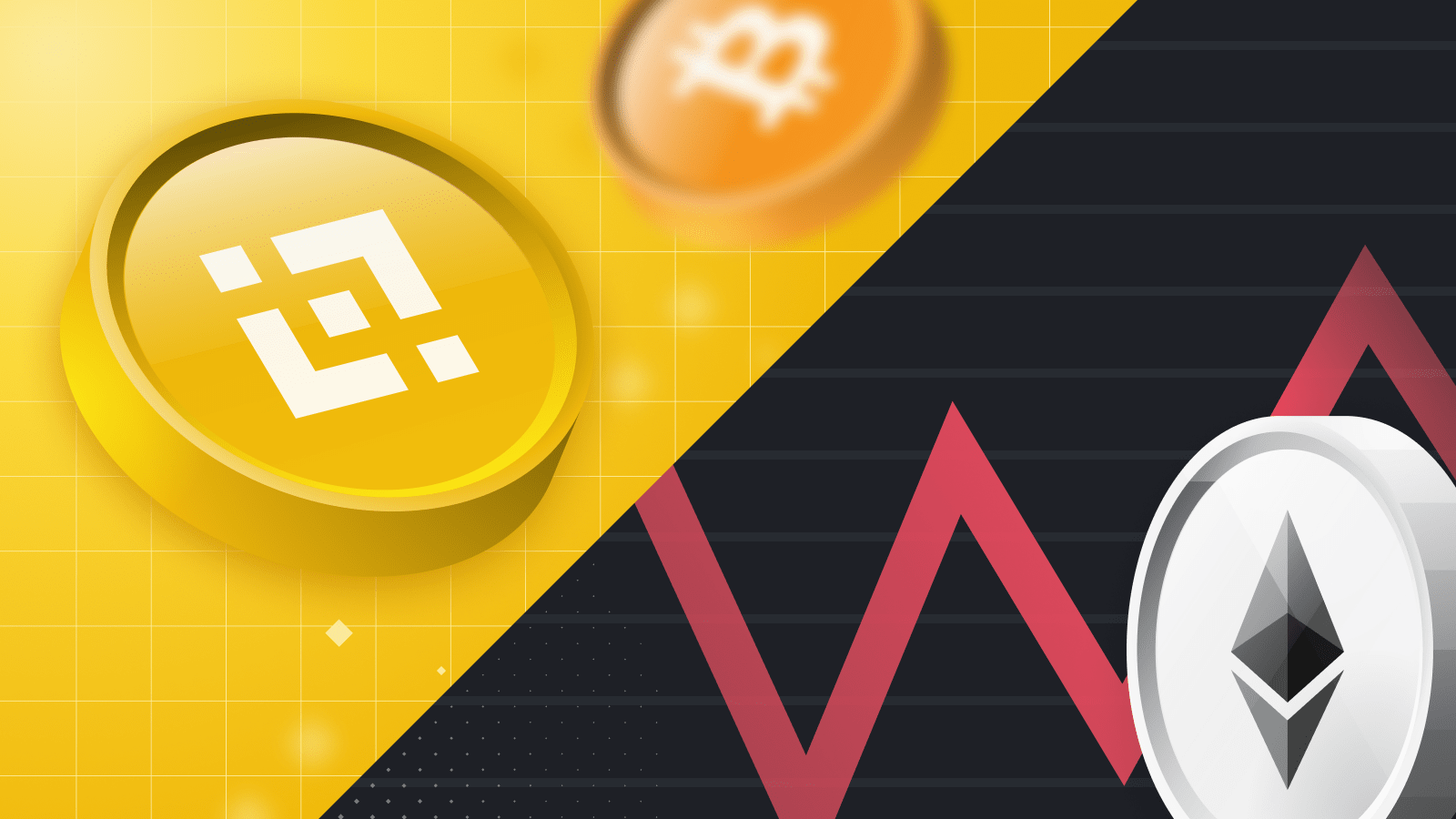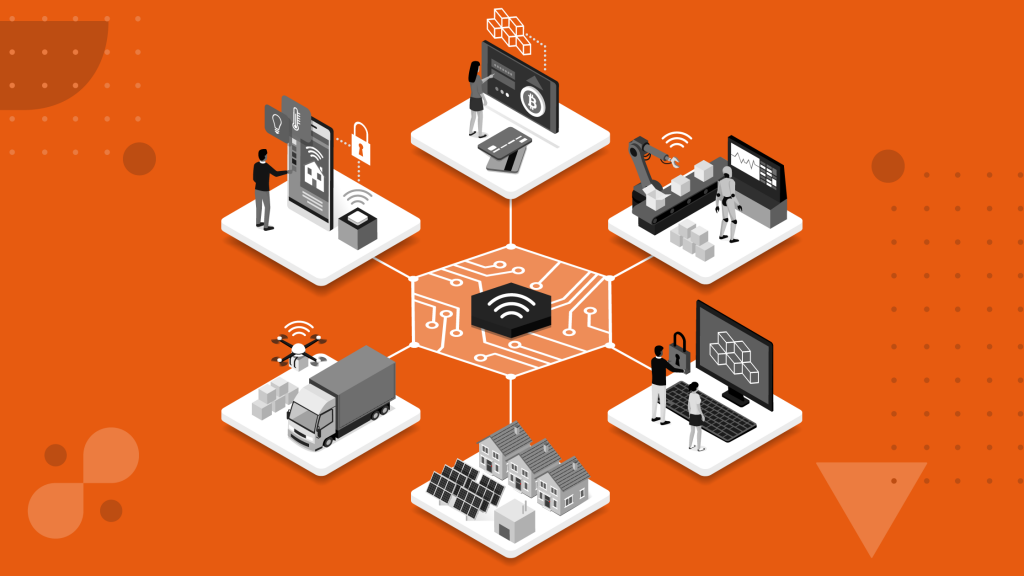Blockchain is the steam engine of Industry 4.0
Blockchain is the steam engine is a powerful technology with the potential to transform the manufacturing industry in a number of ways.

Industry 4.0, also known as the Fourth Industrial Revolution, is the current transformation of traditional manufacturing and industrial practices, driven by the convergence of new technologies such as the Internet of Things (IoT), artificial intelligence (AI), and big data.
Blockchain is a distributed ledger technology that has the potential to revolutionize many industries, including manufacturing. By providing a secure and transparent way to track the movement of goods and services, blockchain can help to improve efficiency, reduce costs, and increase trust.
In a recent interview, former Georgian Prime Minister Mamuka Bakhtadze called blockchain "the steam engine of Industry 4.0." He argued that blockchain has the potential to transform the manufacturing industry by enabling new business models, improving efficiency, and increasing transparency.
How blockchain is transforming Industry 4.0
Blockchain is transforming Industry 4.0 in a number of ways, including:
- Enabling new business models: Blockchain can be used to create new business models in the manufacturing industry, such as peer-to-peer manufacturing and decentralized supply chains.
- Improving efficiency: Blockchain can help to improve efficiency in the manufacturing industry by streamlining supply chains, reducing paperwork, and automating tasks.
- Increasing transparency: Blockchain can help to increase transparency in the manufacturing industry by providing a tamper-proof record of transactions and provenance.
Examples of blockchain use cases in Industry 4.0
Here are some examples of how blockchain is being used in Industry 4.0 today:
- Supply chain management: Blockchain can be used to track the movement of goods and materials through a supply chain, from the raw materials stage to the final product. This can help to improve efficiency, reduce costs, and prevent fraud.
- Product authentication: Blockchain can be used to authenticate products, such as luxury goods and pharmaceuticals. This can help to protect consumers from counterfeit products and ensure that they are getting the products they paid for.
- Predictive maintenance: Blockchain can be used to collect and analyze data from industrial machines and equipment to predict when maintenance is needed. This can help to reduce downtime and improve productivity.
- Quality control: Blockchain can be used to track the quality of products throughout the manufacturing process. This can help to identify and address quality issues early on.
Challenges and opportunities for blockchain adoption in Industry 4.0
Despite the many potential benefits of blockchain, there are still some challenges that need to be addressed before it can be widely adopted in Industry 4.0. These challenges include:
- Scalability: Blockchain networks can be slow and expensive to scale. This can be a challenge for large-scale manufacturing operations.
- Interoperability: Different blockchain networks often use different protocols, which can make it difficult for them to communicate with each other. This can make it difficult to implement blockchain solutions across multiple supply chains.
- Regulation: The regulatory landscape for blockchain is still evolving. This can create uncertainty for businesses that are considering using blockchain technology.
Despite these challenges, there are a number of opportunities for blockchain adoption in Industry 4.0. As the technology continues to mature and the regulatory landscape becomes clearer, we can expect to see blockchain being used to transform the manufacturing industry in a number of ways.
Blockchain has the potential to revolutionize the manufacturing industry by enabling new business models, improving efficiency, and increasing transparency. While there are still some challenges that need to be addressed before blockchain can be widely adopted in Industry 4.0, the opportunities are significant.
Here are some additional thoughts on the potential of blockchain to transform Industry 4.0:
- Blockchain can help to create a more decentralized and resilient manufacturing industry. By reducing the reliance on intermediaries and central authorities, blockchain can make the manufacturing industry more resilient to shocks and disruptions.
- Blockchain can help to promote sustainability in the manufacturing industry. By providing a transparent and tamper-proof record of transactions, blockchain can help to reduce waste and improve resource efficiency.
- Blockchain can help to create new jobs and opportunities in the manufacturing industry. The development and implementation of blockchain solutions will require a new generation of skilled workers. This will create new jobs and opportunities for people in a variety of fields, including engineering, computer science, and business.
Overall, blockchain is a powerful technology with the potential to transform the manufacturing industry in a number of ways. As the technology continues to mature and the regulatory landscape becomes clearer, we can expect to see blockchain being used to create a more decentralized, resilient, sustainable, and innovative manufacturing industry.
What's Your Reaction?
















